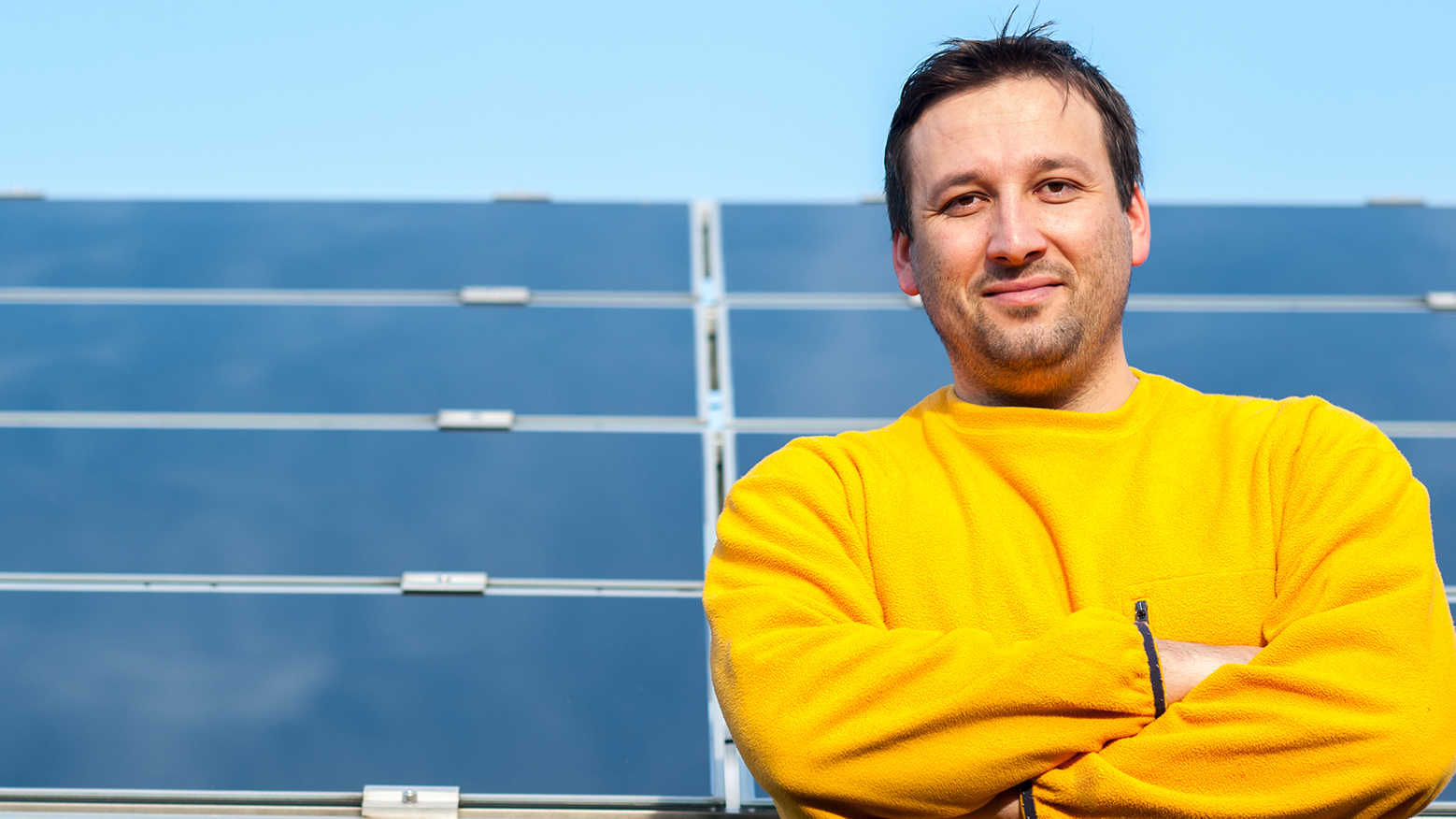
What changes in 2020 with the new rules for photovoltaic self-consumption in Portugal?
Are you interested in producing your own electricity in Portugal? On January 1, 2020, the new portugues legal regime, that seeks to simplify licensing and the rules applied to Production Units for Self-consumption (UPAC), entered into force. In this article you will find out what the new rules are and how to obtain a photovoltaic auto-consumption plant in your company without any financial investment.
The new legislation aims to simplify the licensing and rules applied to self-consumption plants (UPAC) and to speed up the process of regulatory authorisations. In addition, not only self-production of energy is now possible, but also sharing electricity with neighbors and surrounding dwellings.
In this context, Portuguese Decree-Law no. 162/2019 was published in October 2019, concerning the new legal regime applicable to self-consumption of renewable energy, revoking Decree-Law no. 153/2014, of 20 October, concerning the distributed generation regime, framing the production units for self-consumption (UPAC) and small production (UPP). The photovoltaic auto-consumption plants, which were in operation on January 1, 2020, are now governed by the new legal regime.
What are the advantages of the photovoltaic self-consumption for my company?
Advantages:
- Use of renewable energy
- Decrease in energy dependence
- Reduction of energy costs
- Creating value for the company
- Guaranteed return on investment
- Assured savings
How to license an installation for PV self-consumption (UPAC)?
reviously, self-consuming renewable energy producers had to register with the Direção-Geral de Energia e Geologia DGEG. Since 1 January 2020, no prior notification is required for installations up to 350W.
Depending on the size of the projects, the conditions are as follows: self-consumption photovoltaic installations above 350W have to be notified to the DGEG; projects above 30kW are subject to registration with the DGEG and to obtaining a certificate of operation; 1 MW installations need a license for production and operation.

Who can execute the installation for PV self-consumption in Portugal?
From 350 W on, the project must be carried out by a certified company or technician. There are specific and safety, inspections rules that apply to the larger UPACs. In addition, installations with a power of more than 20,7 kW have to be inspected. For projects with a power of more than 30 kW a liability insurance is required.
How many solar panels can be mounted?
According to the new Portuguese legislation, companies should seek to adjust production to the real needs of electricity consumption. However, there is no set number of solar panels for photovoltaic self-consumption installation.
With an UPAC will I have an energy supplier?
YES. You must have a contract with an energy supplier, although you guarantee a part of your electricity through a self-consumption unit (UPAC). You will continue to need a power supplier to obtain electricity at night and at times when your photovoltaic production is not sufficient to cover your energy consumption. An interesting option, to become more independent from your supplier in these intervals, could be the installation of accumulation systems.

Does it pay to invest in a photovoltaic self-consumption installation in my portugues company?
As in all investments in your company it will be necessary to do the math, between the investment and the benefit you will get. Thus, the return on investment depends on the cost of the installation, the capacity to produce energy and the potential benefits obtained when you do not consume energy from the grid. It is advisable to consult and analyze a specialist with proven experience in this area, being a technical and specific matter for your case. For example, it will be necessary to know your consumption profile throughout the day, on an annual basis.
Is it possible to obtain a self-consumption facility in my company without investment?
Yes, in fact there are investment solutions with partners that invest for you and that are reimbursed with part of the economy/revenue obtained by the photovoltaic system. Thus, the “host” company does not assume any financial obligation, committing itself only to acquire all the energy produced by the installation, at the value of the updated annual tariff, discounted from the contracted benefit.
We strongly advise that only agreements are made with entities that do not “oblige” to maintain a contract for the supply of energy from the grid, for the duration of the contract of the photovoltaic system, thus ensuring their independence in the choice of the energy supplier of the grid, and consequently in obtaining the best price.


